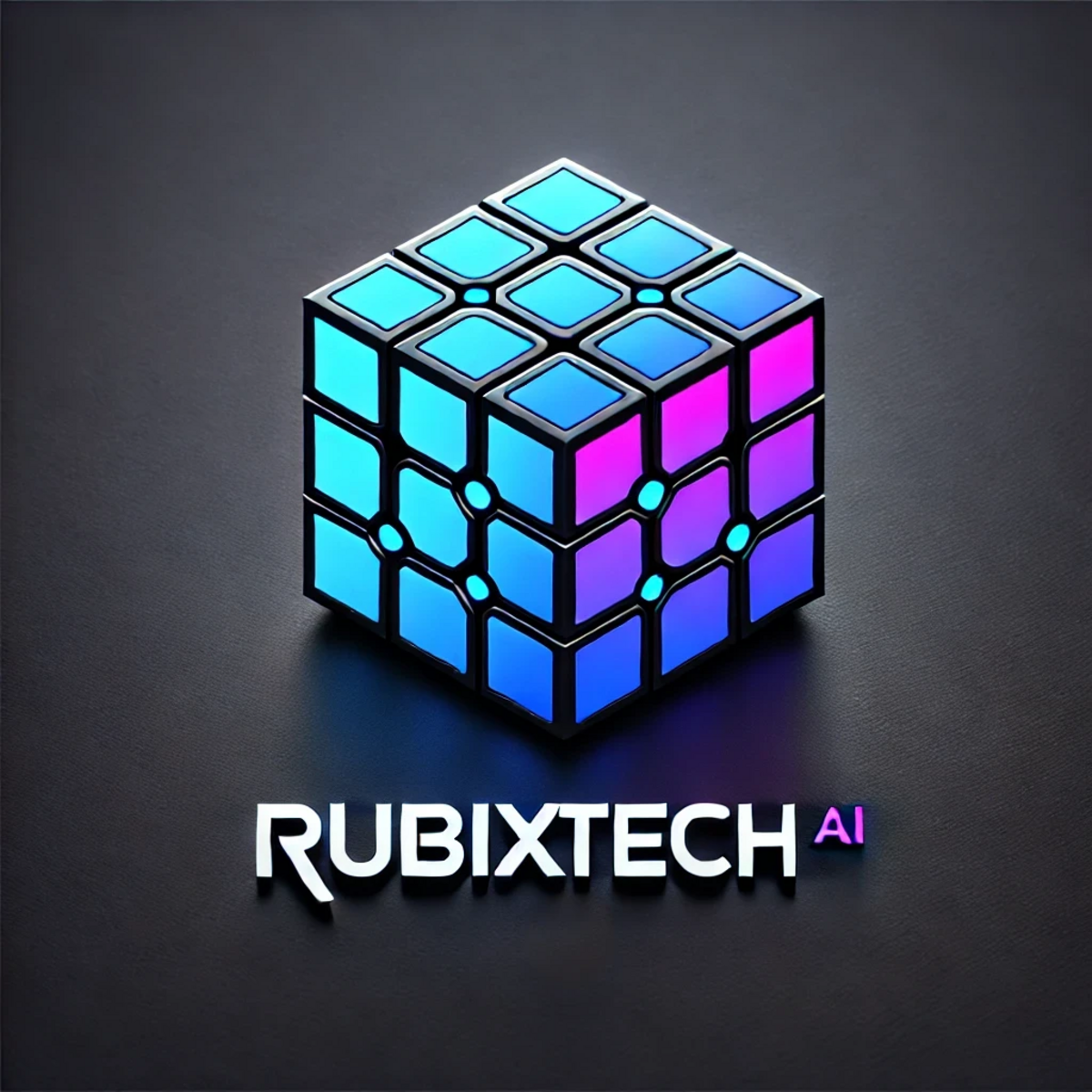Today’s Contents
🚀 AI in Your Pocket:
🧰Tech Toolbox
🚀 AI in Your Pocket: How Smartphones and Laptops Are Getting Smarter

Artificial Intelligence (AI) is no longer a futuristic concept; it’s a present-day reality that’s transforming the way we interact with our mobile devices. From enhancing user experience to providing unprecedented levels of personalization, AI is at the forefront of mobile technology. Let’s dive into how AI is being utilized in the latest smartphones and what the future holds.
AI in the Latest Smartphones
Apple has always been a pioneer in integrating cutting-edge technology into its devices, and the new iPhone 16 series is no exception. The iPhone 16 and its variants come equipped with the latest A18 Bionic chip, which features a dedicated Neural Engine capable of performing 15.8 trillion operations per second. This allows for real-time language translation, advanced photo and video editing, and even predictive text that adapts to your writing style1. The AI capabilities also extend to Siri, which now offers more contextual and personalized responses, making interactions more natural and intuitive.
On the other hand, Google has made significant strides with its Pixel 9 series. Powered by the Tensor G3 chip, these phones leverage AI for a variety of tasks, including real-time transcription, enhanced camera functionalities, and even health monitoring features. The Pixel 9’s camera uses AI to automatically adjust settings for the best possible shot, whether you’re in low light or capturing fast-moving subjects2. Google Assistant has also become smarter, offering more accurate responses and better integration with other Google services.
Samsung is not far behind with its Galaxy S24 series, which incorporates AI to enhance user experience in numerous ways. The Galaxy AI, running on the latest Snapdragon 8 Gen 3 chipset, offers features like live translation, real-time voice memo summarization, and advanced photo editing tools3. Samsung’s AI also helps in optimizing battery life by learning user habits and adjusting power consumption accordingly.
AI in Computer CPUs and Laptops
AI is not limited to smartphones; it’s also making waves in the world of computer CPUs and laptops. Intel and AMD have both integrated AI capabilities into their latest processors. Intel’s Core i9 series and AMD’s Ryzen 9 processors feature AI accelerators that enhance performance in tasks like video rendering, gaming, and even cybersecurity4. These processors can dynamically allocate resources to ensure optimal performance, making them ideal for both professional and personal use.
Microsoft has also embraced AI with its Surface lineup. The latest Surface laptops come with AI-powered features like real-time noise cancellation during video calls, adaptive brightness, and even predictive text in Microsoft Office applications5. These features aim to make the user experience more seamless and efficient.
What This Means for Consumers
For consumers, the integration of AI into mobile devices and computers means a more personalized, efficient, and secure user experience. AI can automate mundane tasks, provide real-time assistance, and even predict user needs before they arise. This not only saves time but also enhances productivity and convenience.
Moreover, AI-driven features like real-time translation and advanced camera functionalities make these devices more versatile and capable. Whether you’re a professional looking to streamline your workflow or a casual user wanting a more intuitive device, AI has something to offer.
In conclusion, the future of AI in mobile devices and computers looks incredibly promising. As companies like Apple, Google, Samsung, Intel, AMD, and Microsoft continue to innovate, we can expect even more advanced and personalized features that will redefine our interaction with technology.
1: Computerworld article on AI in smartphones. 2: ZDNet article on mobile trends. 3: Analytics Vidhya article on AI in mobiles. 4: Forbes article on AI in mobile. 5:
The AI revolution is here, and it’s making our devices smarter, faster, and more intuitive than ever before. Are you ready to embrace the future?

ChatGPT: A versatile conversational AI for writing, answering questions, and brainstorming ideas.
Lensa AI: An AI-powered photo editor that creates vivid avatars from selfies.
WOMBO Dream: An AI art generator that creates images from text prompts.
Perplexity AI: A chatbot-cum-search engine for fast and precise information retrieval.
Replika: An AI companion designed to chat and help improve mental well-being.
Be My Eyes: Connects visually impaired users with sighted volunteers for assistance via video calls.
Bing AI: Microsoft’s AI-powered search engine with integrated chat capabilities.
ELSA: An AI-powered app to help improve English pronunciation and fluency.
Otter: An AI transcription app that converts speech to text in real-time.
Youper: An AI-powered mental health assistant that provides emotional support and mindfulness exercises.
Feel free to click on the links to explore these apps! If you need more information about any of them, just let me know.

